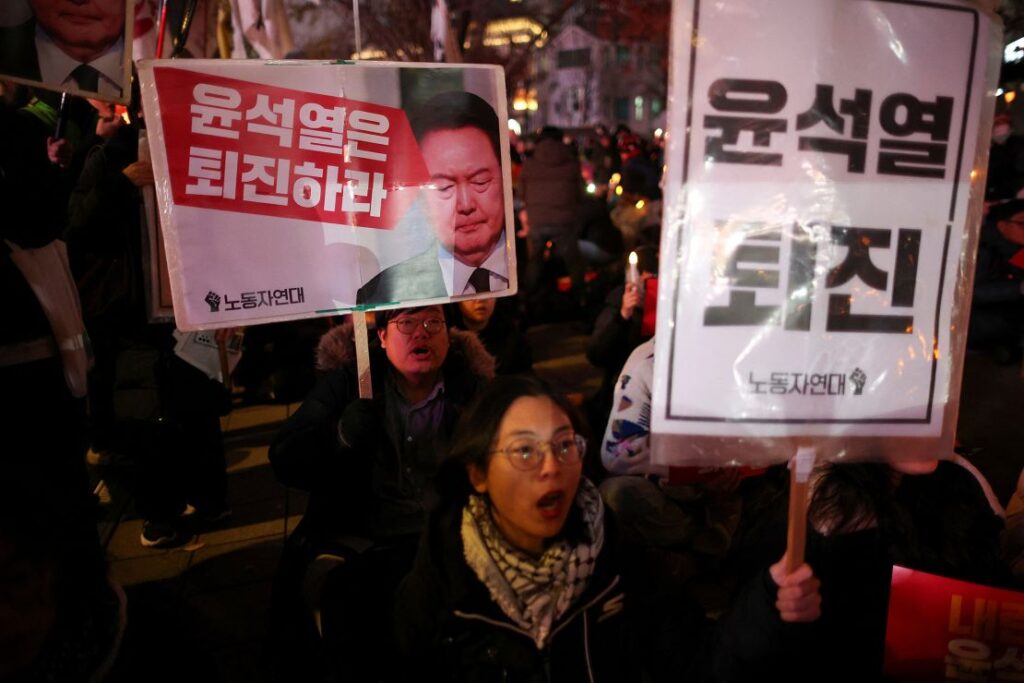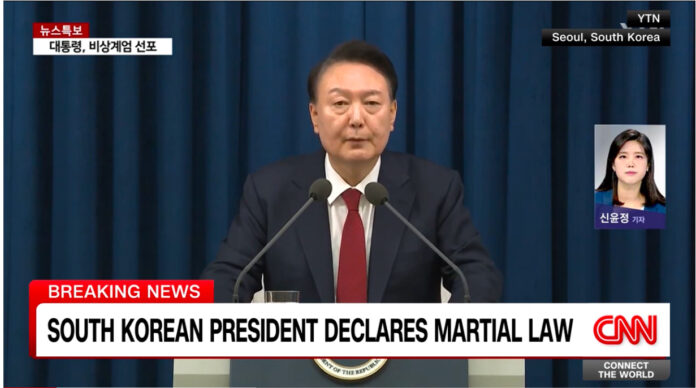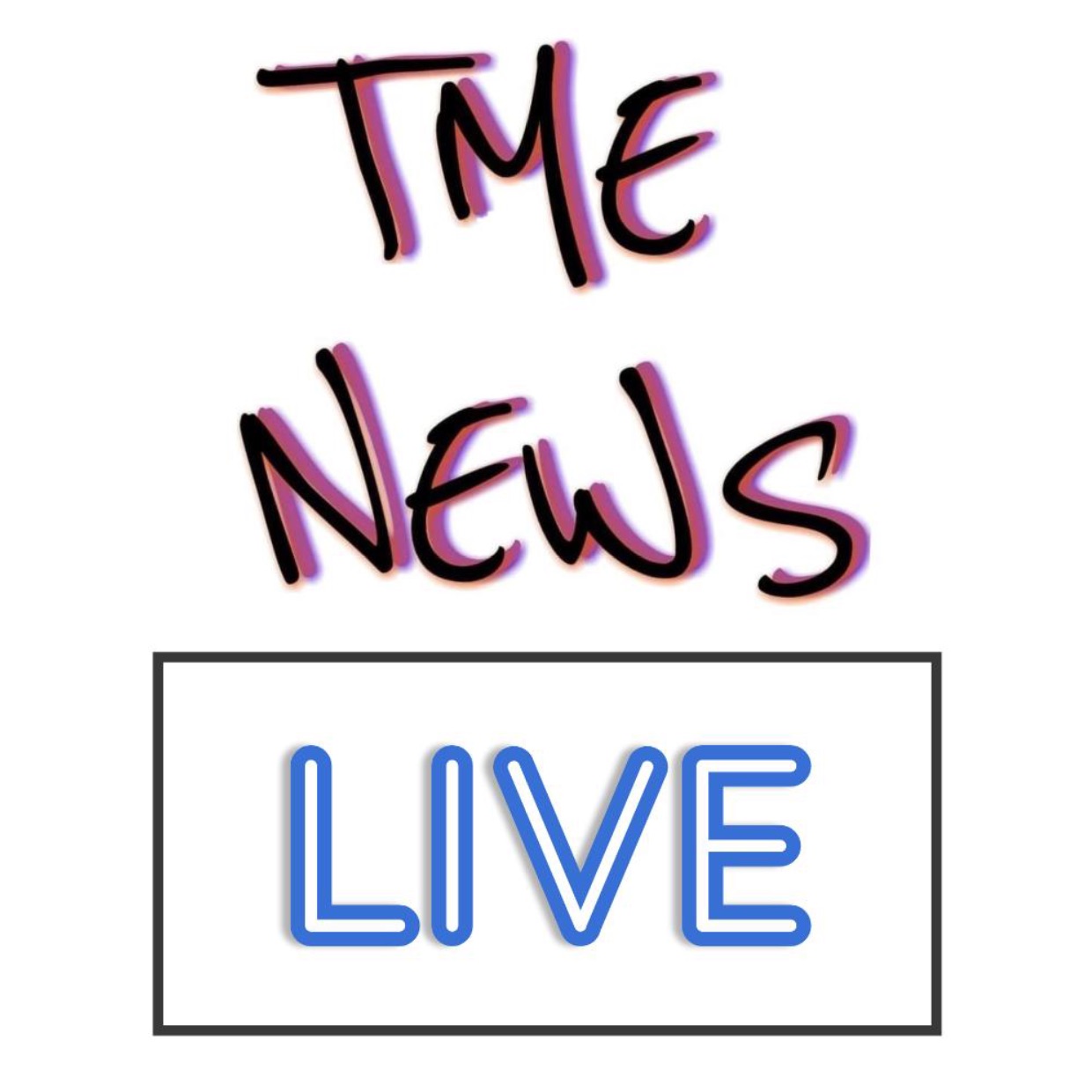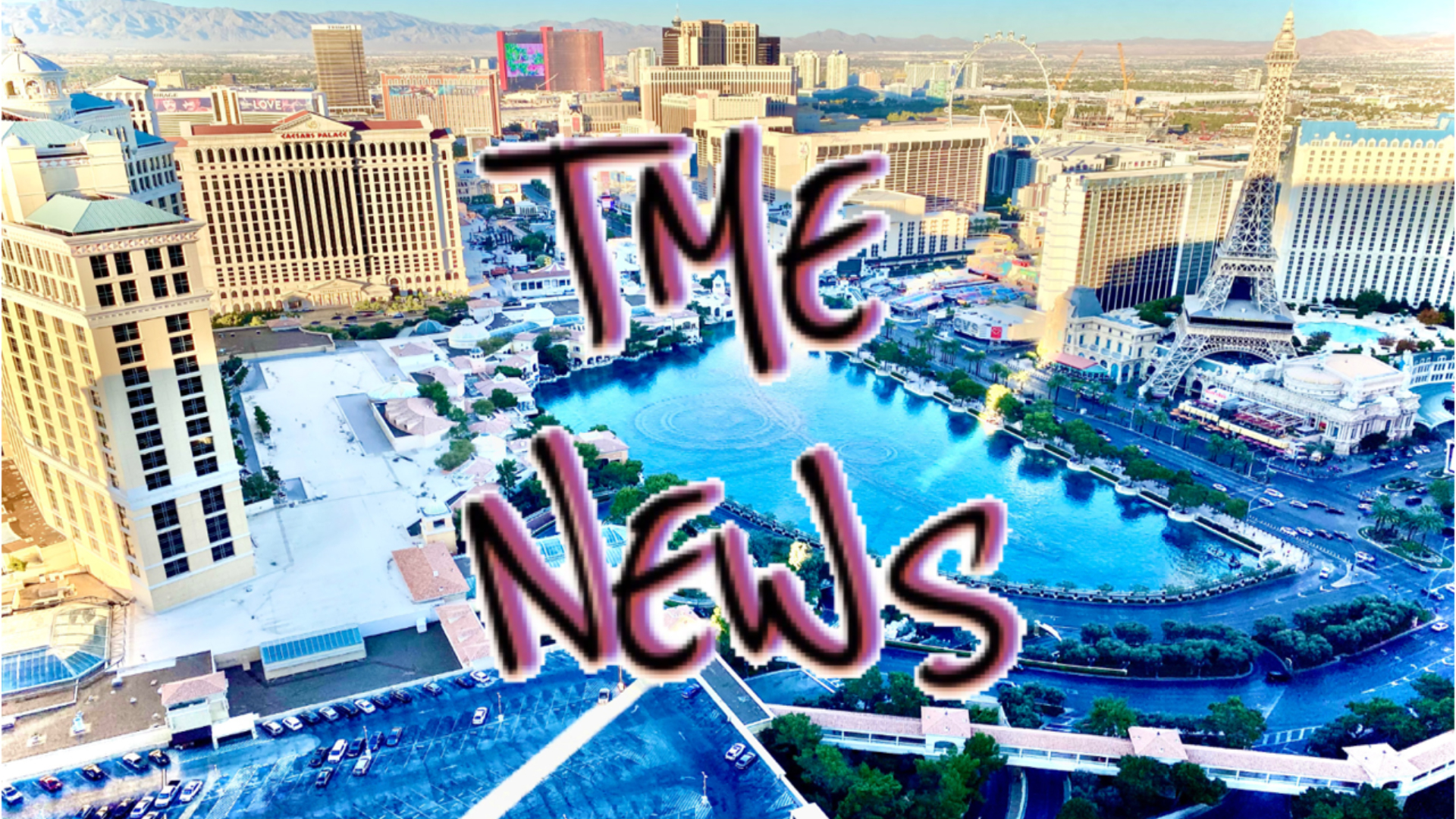On December 3, 2024, at 10:27 PM Korea Standard Time (KST), South Korean President Yoon Suk Yeol made a stunning announcement during a nationally televised address, declaring martial law across the country. The move has sent shockwaves through South Korea’s political and civil spheres, marking a pivotal moment in the nation’s democratic history.
The President’s Accusations
In his address, President Yoon accused the Democratic Party, which holds a majority in the National Assembly, of orchestrating what he called “anti-state activities” and collaborating with “North Korean communists” to destabilize the nation. He alleged that the party’s actions had created a “legislative dictatorship,” which he argued posed an existential threat to South Korea’s sovereignty and democratic system.
Yoon claimed that the imposition of martial law was necessary to restore order and protect the nation from what he described as an imminent internal collapse. His allegations have been met with fierce resistance from opposition leaders, who have called the accusations baseless and an outright attack on democracy.

What Martial Law Entails
Under the martial law decree, all political activities have been banned. This includes prohibiting meetings of the National Assembly and local legislatures, effectively halting the legislative process. Additionally, the declaration imposes strict restrictions on media outlets, suspending press freedoms and censoring information deemed threatening to national security.
The South Korean military has reportedly been deployed in major cities to enforce the measures, including curfews, checkpoints, and restrictions on public gatherings. This heightened state of security has raised concerns among citizens and international observers about the potential for abuse of power and violations of human rights.
Public Reaction and Protests
The announcement has sparked immediate outrage across the nation. Thousands of protesters gathered in Seoul and other major cities to denounce the declaration, calling it an authoritarian overreach that undermines South Korea’s hard-won democratic principles. Human rights groups and activists have expressed alarm over the suspension of press freedoms, warning that silencing the media could lead to unchecked governmental power.
Social media platforms have become a battleground for discourse, with citizens sharing live updates, organizing demonstrations, and voicing their dissent. The government’s ability to suppress digital communications remains a key concern for activists.
Political Fallout
Opposition leaders have condemned President Yoon’s actions as unconstitutional, vowing to challenge the declaration both domestically and internationally. Legal experts have raised questions about the legitimacy of the martial law order, arguing that it violates the separation of powers and democratic safeguards enshrined in South Korea’s constitution.
The Democratic Party, targeted in Yoon’s accusations, has labeled the move a political coup aimed at consolidating power. The party has called on South Korean citizens and the international community to reject what they describe as a dangerous descent into authoritarianism.
International Response
The international community has responded with concern, with several governments and human rights organizations calling for calm and a peaceful resolution to the crisis. The United States, a key ally of South Korea, has urged President Yoon to respect democratic norms and ensure the rights of citizens are protected. Neighboring countries, including Japan and China, are closely monitoring the situation, given its potential to destabilize the region.
What’s Next?
The declaration of martial law marks a turning point in South Korea’s modern history. With political tensions at an all-time high, the nation faces an uncertain future. The coming days will be critical in determining whether Yoon’s government can maintain control or if domestic and international pressure will force a reversal of the measures.
For now, South Korea stands at a crossroads, with its democratic foundations being tested like never before. The global community watches as the nation grapples with one of the most significant political crises in its history.


